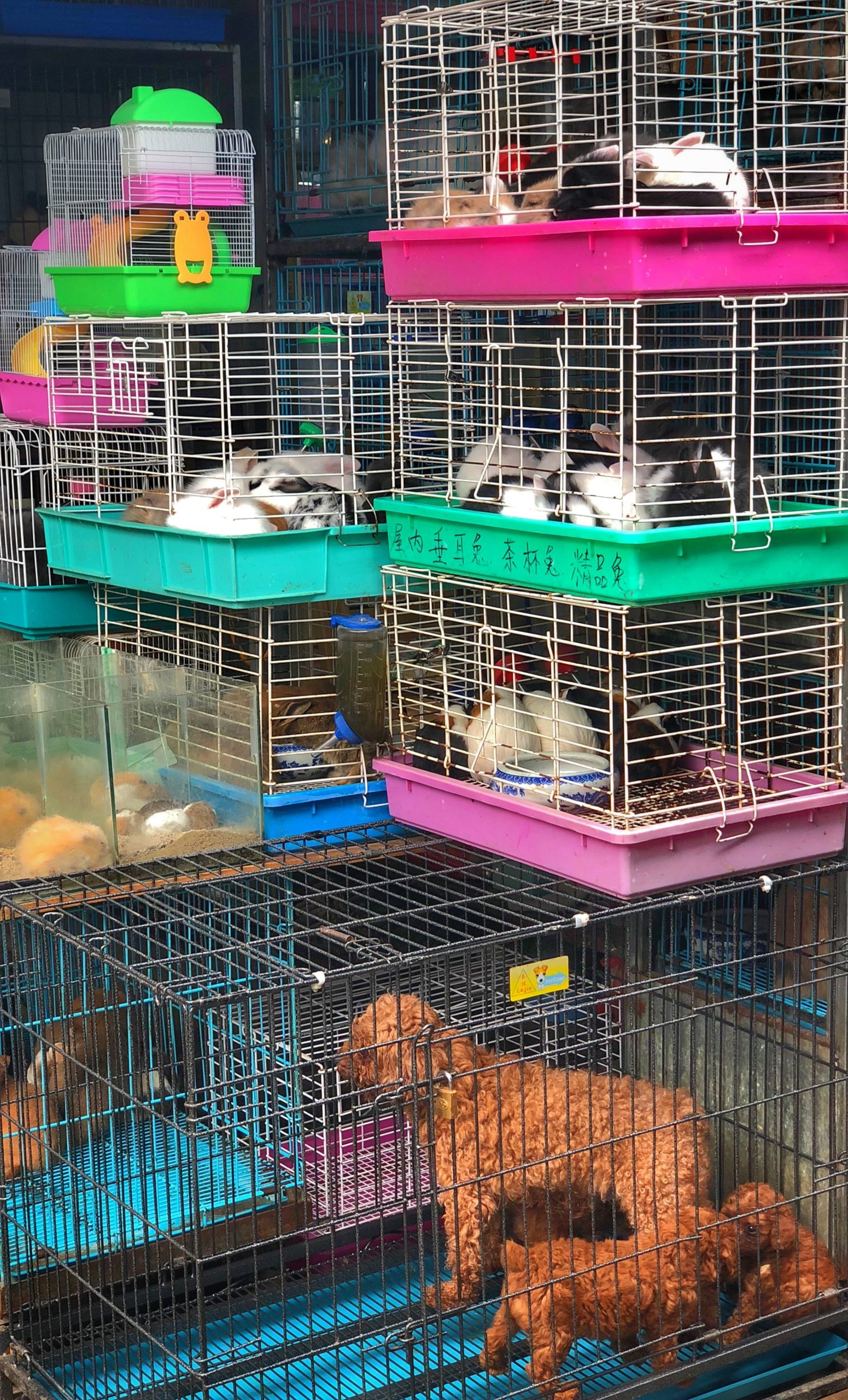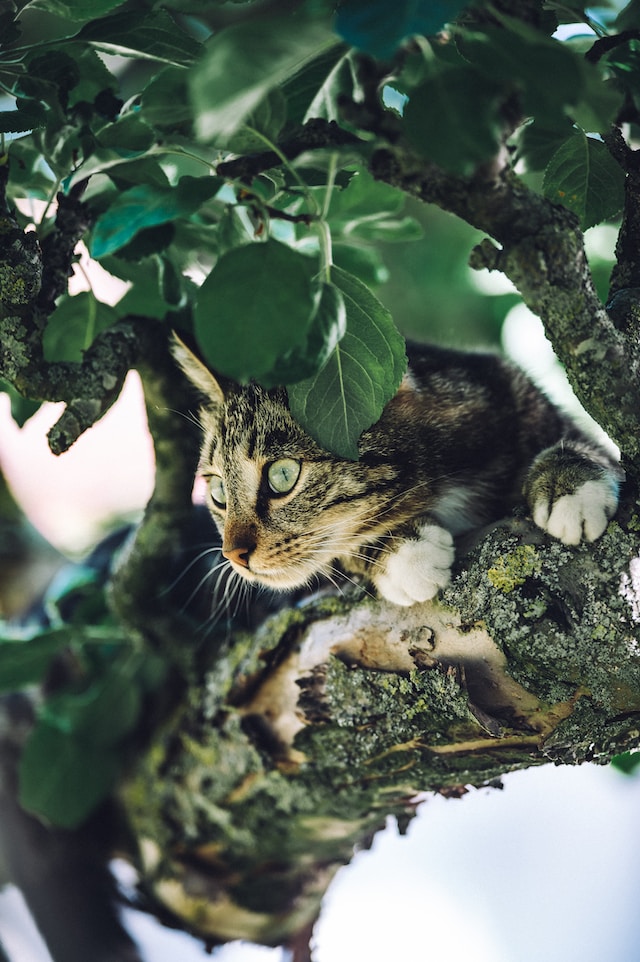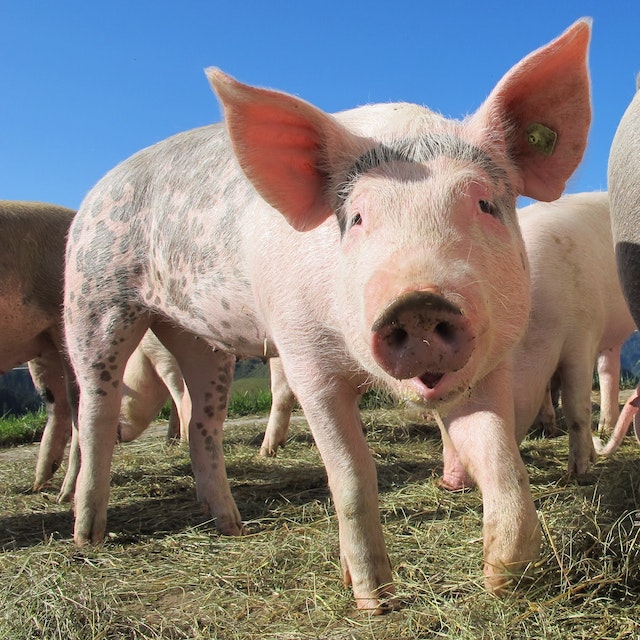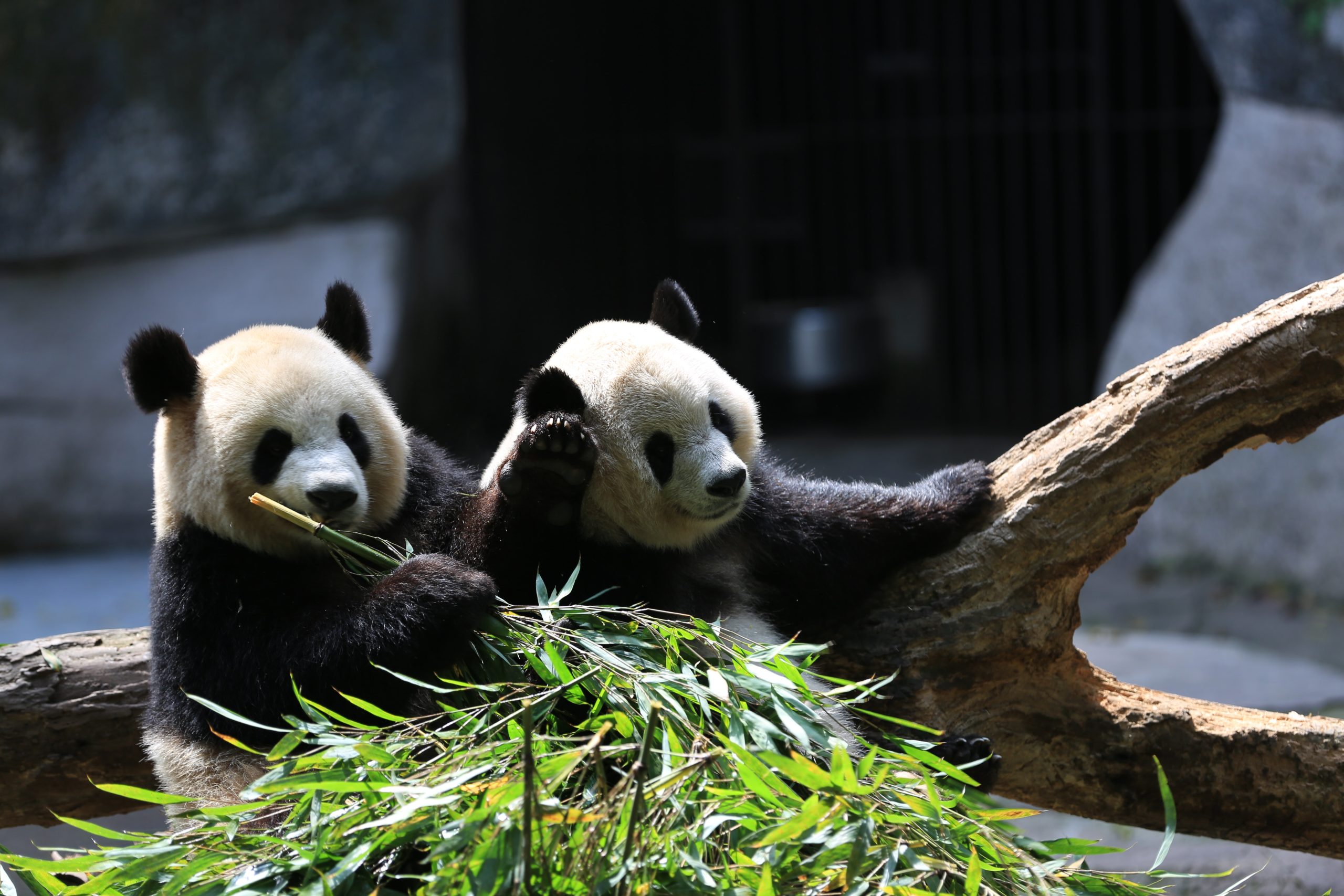Animals in cages – whether in zoos, circuses, or as pets – are often subjected to cruelty and suffering. While some argue that keeping animals in cages is necessary for their safety and well-being, many animal welfare organizations and advocates argue that it is a form of animal cruelty.
Caging animals deprives them of their natural habitats and instincts, leading to physical and mental distress. Many animals in captivity experience depression, anxiety, and other forms of emotional distress. They are often denied the opportunity to engage in natural behaviors like running, climbing, and socializing.
One example of animals kept in cages are tigers in circuses. These majestic animals are often confined to small cages for extended periods of time, unable to move or exercise as they would in the wild. They may be subjected to physical abuse and forced to perform unnatural tricks for the entertainment of humans.
Another example is animals kept in zoos. While zoos may provide animals with some form of protection and care, many argue that they do not provide a natural environment for animals to thrive. Some zoos have been criticized for keeping animals in small, cramped cages and denying them access to the outdoors.
Animals kept as pets in cages may also experience cruelty and neglect. They are often kept in cramped, dirty conditions without proper care, leading to health problems and emotional distress. In addition, many animals are illegally captured from the wild and sold as pets, contributing to the decline of wild animal populations.
Animal welfare organizations and advocates argue that there are alternative ways to care for and protect animals that do not involve caging them. These alternatives include wildlife sanctuaries, conservation efforts to protect natural habitats, and providing animals with more natural environments in captivity.
In recent years, there has been a growing movement to end the practice of keeping animals in cages. In 2021, the United States passed a law banning the use of wild animals in circuses. Many countries have also banned or restricted the use of animals in circuses and other forms of entertainment.
Animal welfare organizations and advocates continue to push for stronger laws and regulations to protect animals from cruelty and suffering. They argue that it is our responsibility as humans to care for and protect animals, and that we must find alternative ways to interact with and appreciate them without causing harm.
In conclusion, keeping animals in cages is a form of animal cruelty that causes physical and emotional suffering. While there may be arguments in favor of caging animals for their safety and well-being, there are alternative ways to care for and protect animals that do not involve confinement. It is our responsibility as humans to find ways to interact with and appreciate animals without causing them harm.










